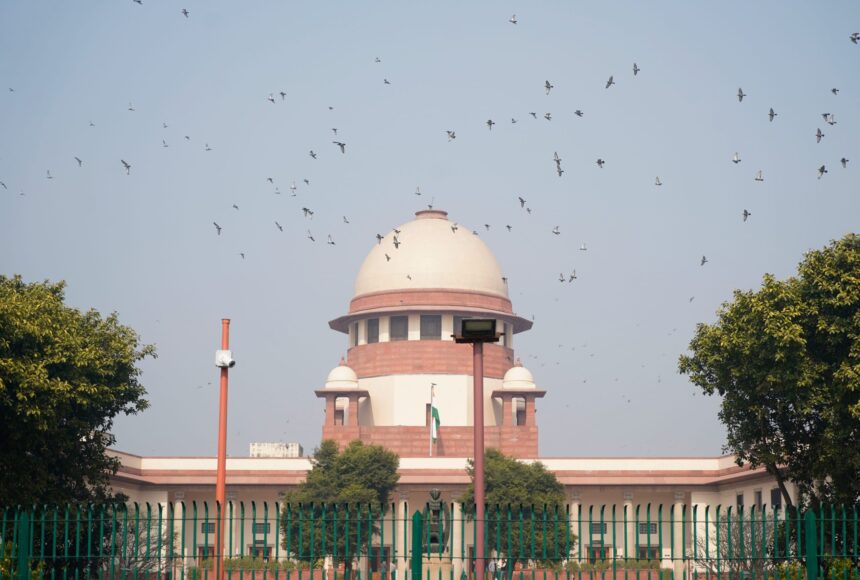The Supreme Court of India on Friday took suo motu cognizance regarding the non-functionality of CCTV cameras in police stations across Rajasthan. The Court has directed the state government to provide a comprehensive response addressing several issues, including routine audits, data preservation periods, and protocols for surprise inspections and forensic validation of tamper-proof systems.
The bench, which included Justices Vikram Nath and Sandeep Mehta, issued the order in light of past failures to acquire CCTV footage from Rajasthan police stations on what they deemed “frivolous grounds.” This action follows the Court’s registration of a suo motu case on September 4, prompted by a Dainik Bhaskar report detailing 11 deaths in police custody over the past seven to eight months.
The Court noted that the failure to maintain functional cameras and to preserve video data is a violation of its prior directions in the case of Paramvir Singh Saini v. Baljit Singh. The directive to the Rajasthan government included inquiries regarding the total number of police stations in each district, the specifications and quantity of operational cameras, as well as details about storage, maintenance protocols, internet connectivity, centralized monitoring systems, officer training, audit procedures, and methods for ensuring the integrity of recorded footage.
The Director General of Police for Rajasthan has been ordered to submit an affidavit addressing these concerns within a two-week timeframe.
Referencing its 2020 ruling in Paramvir Singh Saini, the Court reiterated that all police stations across India must have functional CCTV cameras, highlighting inconsistent compliance where many installations remain defunct or uninstalled. During the proceedings, Senior Advocate Siddharth Dave pointed out that while some states have adhered to this directive, others— including the Union of India, as well as agencies like the Enforcement Directorate (ED), the National Investigation Agency (NIA), and the Central Bureau of Investigation (CBI)—have not.
Dave also raised an alarm about the frequent manual deactivation of CCTV cameras within police stations, arguing that continuous monitoring could be instrumental in preventing custodial deaths, torture, and abuse.
Justice Mehta expressed concerns about oversight, stating: “Today there may be a compliance affidavit; tomorrow officers may switch off cameras. We were thinking of a control room in which there is no human intervention; if any camera goes off, there should be a flag. There has to be inspection of police stations by an independent agency. We can think of involving IIT to provide a mechanism so that CCTV footage is monitored without human intervention.”
The bench indicated that it is contemplating the implementation of independent monitoring systems for police station CCTV cameras, acknowledging the potential for officials to deactivate cameras even when installed in compliance with earlier directives, thereby undermining the intended purpose of the surveillance system.
This issue is particularly pressing in light of recent reports concerning custodial deaths, underscoring the need for accountability and transparent oversight within law enforcement agencies.
Tags: Rajasthan, police station, CCTV, custodial death, SC response
Hashtags: #pulls #Rajasthan #nonfunctional #police #station #CCTVs #seeks #response #custodial #death #reports










